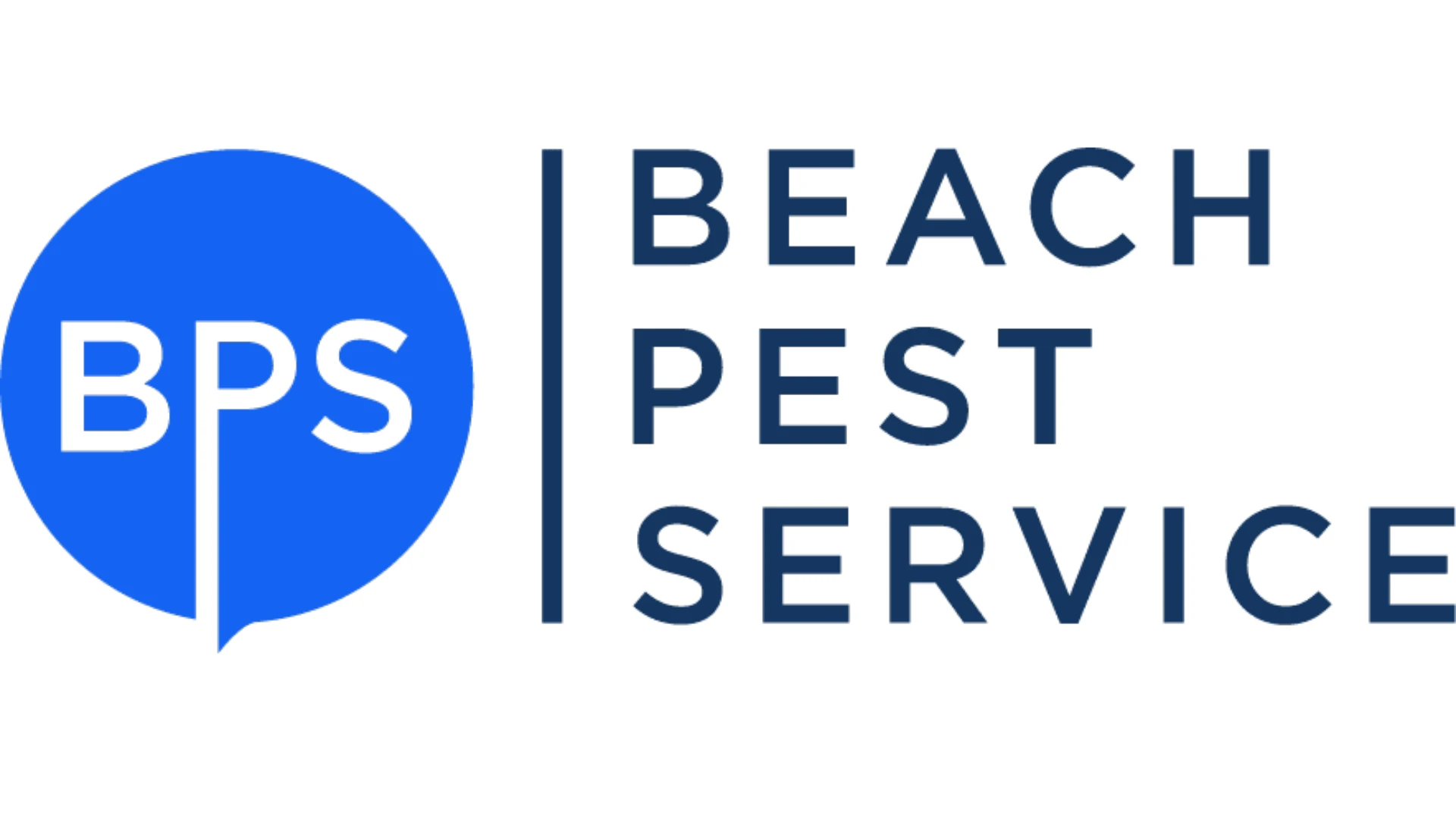Every business person who picks up a ringing phone gets excited when the person on the other end of the line is a potential new client. In fact, most get so excited over an incoming lead that they completely ignore the all-important process of qualifying the call — and pay the consequences later. Do you know how to tell the difference between someone serious about hiring your company for commercial pest control services and a tire-kicker?
When handling an incoming inquiry, the objective is to determine if the call is a DAMD good lead, meaning the caller has:
D = Desire, a pre-identified need
A = Authority to make the decision
M = Money to afford to buy from you
D = Deadline (a timetable in mind for doing business)
How does one go about establishing this criteria on the telephone? It’s not as difficult — or as time consuming — as you might think. Below is a list of simple qualifying questions to ask incoming callers who express an interest in your company’s products or services. If pest management firms use these tips for every incoming lead, they’ll always be well prepared to close the sale.
ESTABLISHING DESIRE. Find out why the potential customer called you.
Question: What prompted you to call?
This is a simple question, and yet the most important question in determiningthe quality of the lead. The more specific the response, the better (in most cases) the selling opportunity. You are looking for the caller to respond with a simple, specific answer, in effect, “I am looking for ______.” If this is the response you get, gain a complete understanding of the caller’s interest, and then schedule an appointment.
Others will be more vague in their response, i.e., “I just wanted some information on your company’s services.” Not to sound ungrateful for the attention, but these are tire-kickers. Mail them something if you like, but don’t schedule a meeting until after you have followed up and qualified the contact further.
ESTABLISHING AUTHORITY. Who else is involved in making a purchasing decision?
Question: “Assuming your company were to want to proceed with this, what would your decision process be, and who else besides yourself would be involved?”
Don’t be afraid to ask this question. This is not being “pushy,” it is being a good business person. Ask with confidence. Then, once you establish the other people involved in the decision, attempt to have your contact arrange a meeting for you with these other individuals. Explain that everyone will have different questions and issues, and that you would like to get all questions answered prior to putting together a proposal.
ESTABLISHING MONEY. How much is there to spend?
Question: “What is your budget?”
Does everyone answer this question? No — but nobody will mind you asking it. Another approach is to say, “Our fees for this type of application will be in the range of from ______ to _______. Is this within your budget?”
Yes, you might get a “no.” Well, it’s better to find out now rather than later, right?
ESTABLISHING DEADLINE. Find out what you are working against, time wise.
Question: “What is your timetable for wanting to move forward?”
Ideally, the caller will give you a timeframe, such as, “We need to have made a decision on this by (date).” A person who says, “We haven’t gotten that far yet” is not in buying mode yet — and your job is to put them there.
MORE TO KNOW. Other questions to cover in the initial phone call:
How did you hear about us?
The key to increasing the frequency and quality of future leads is to identify what forms of marketing are working for you. Asking this question consistently of every incoming lead is critical to growing your business. Track your sources of incoming leads to determine which marketing efforts are paying dividends. Find out where the caller heard about your firm, and make a note of it. Over a period of time, you will learn where your marketing dollars are paying dividends — and perhaps where your marketing dollars are being wasted.
What other options are you considering?
This is a polite — and effective — way of asking “Who is my competition for your business?” without having to actually ask this question. Usually, if they are looking at other options they will answer the question, “We’re also talking to _____.” If this occurs, go to the next question, which is:
Where are you in your meetings with them?
Are you going to be the first option they talk to? You need to know, before scheduling a meeting, if your buyer already has met with your competitors. This is a very critical step, because it allows you to plan your strategy for opening your first meeting.
What have you liked and not liked about what you’ve seen so far?
This is a clever way to determine what you are up against in a competitive sale. You will not only learn how your competitors have performed to date; you’ll also learn, by repeatedly asking this question during incoming calls, exactly how they market themselves, and what their strengths and weaknesses are.
FINAL THOUGHTS. Now you are ready for your meeting! Consider for a moment how much better prepared you will be for your first call — by taking the time to ask a few intelligent questions. In qualifying leads, knowledge is power. Knowledge — and power — is gained by those who know how to get it.
The author, Landy Chase, MBA, CSP, is a Charlotte, N.C.-based expert who specializes in speaking to corporations and associations on professional selling skills. He can be reached by visiting his Web site at www.landychase.com.

Explore the October 2009 Issue
Check out more from this issue and find your next story to read.
Latest from Pest Control Technology
- Understanding Rodents and Bird Flu
- Green Pest Solutions Awards Safest Driver New 2025 Ford F150
- UF/IFAS Sheds Light on Tiny Invaders During Termite Awareness Week
- Registration Open for Lawn & Landscape Technology Conference
- Fleetio Launches Automotive Service Excellence Scholarship
- WorkWave Appoints John Phelan as CTO
- PMPs Use Capitol Hill Visits to Push for Preemption
- 20 Trapping Tips





